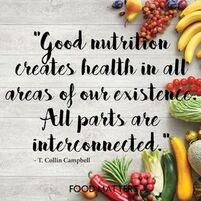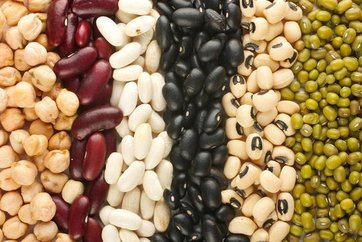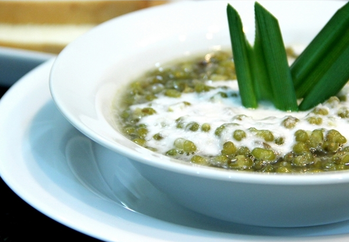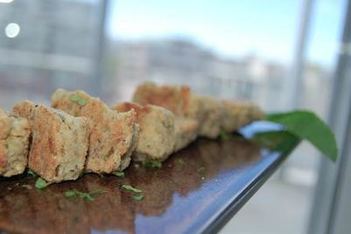To a healed heart
Misma's Counselling Services
This blog is an interface for reflection on life's nuances,
lessons take from counselling, psychotherapy,
psychology and some free associations
lessons take from counselling, psychotherapy,
psychology and some free associations







 RSS Feed
RSS Feed